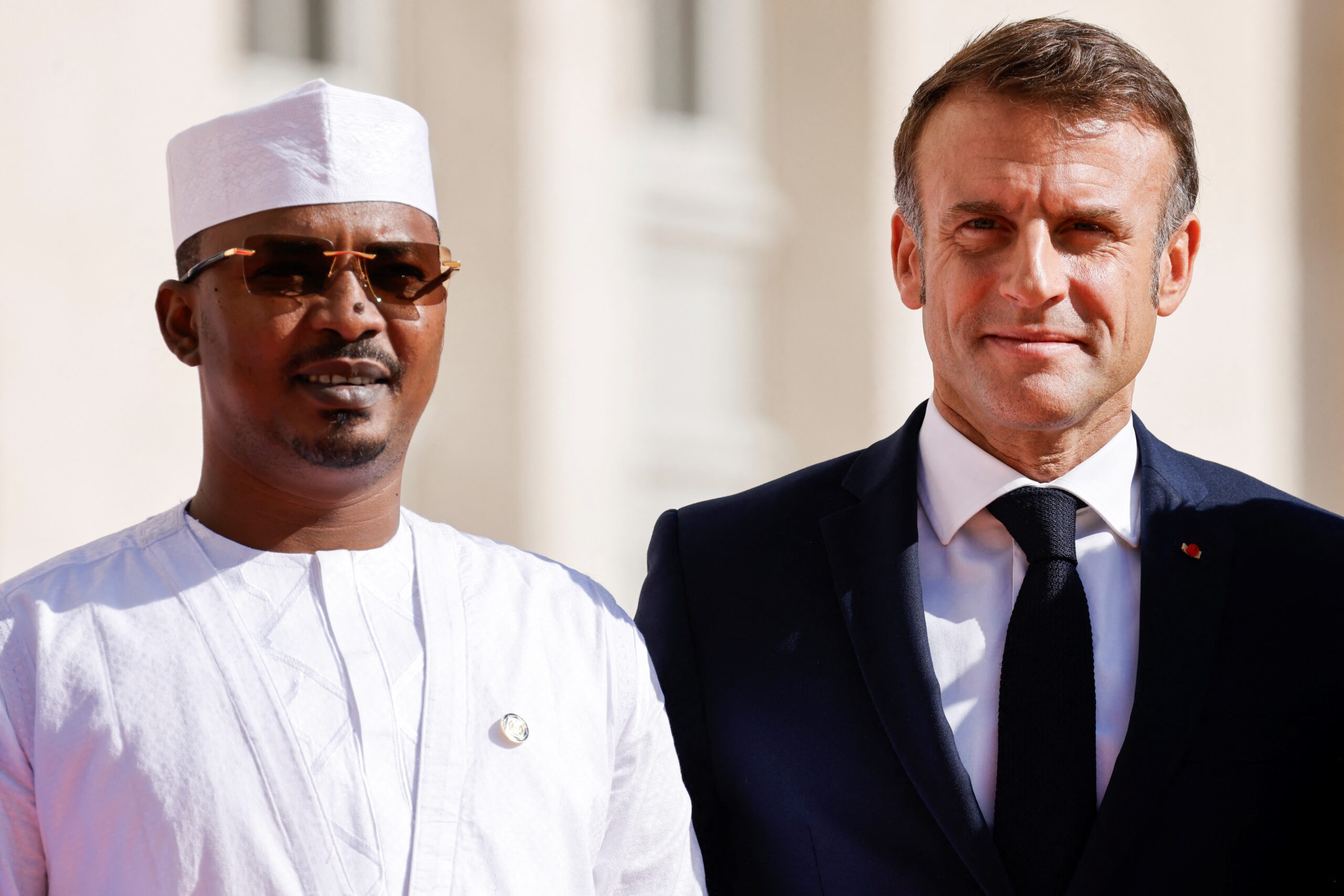
Introduction: A Historic Break and Its Implications
The announcement by Chad to terminate its defense agreement with France is a seismic shift in Franco-African relations. Is this decision an assertion of Chad’s sovereignty, or is it a tactical move in a broader geopolitical chess game? By ending this agreement, President Mahamat Idriss Déby Itno sends a bold message to the international community, but it also raises critical questions: Can Chad maintain its stability amid shifting alliances? How will France respond to this latest setback in its strategic engagement with Africa? This analysis delves into the historical, political, economic, and strategic dimensions of this decision, aiming to uncover its deeper implications.
1. Chad’s Historical Struggle for Sovereignty
Since gaining independence in 1960, Chad’s relationship with France has been marked by dependency and control, often perceived as a legacy of colonialism. French military bases in Chad have long been critical for stabilizing the region, but they have also become symbols of neocolonialism for many Chadians. By ending this agreement, President Déby aims to break free from this perception and chart a new course for Chad.
This decision aligns with a broader wave of panafricanism and anti-French sentiment sweeping across Africa, as seen in Mali, Burkina Faso, and Niger. However, unlike these nations, Chad remains open to a “constructive dialogue” to explore new forms of cooperation, signaling a more nuanced approach to rebalancing its partnerships.
Historical Context: A Long-Awaited Break
France’s military presence in Chad dates back to the Battle of Kousseri in 1900. This relationship deepened post-independence, with defense agreements allowing France to intervene in internal conflicts, often to support allied regimes. Recent tensions, however, such as France’s limited response to the 2008 rebel assault on N’Djamena, have fueled dissatisfaction within Chad’s leadership, paving the way for this current rupture.
2. France’s Strategic Dilemma: A Measured but Uncertain Response
For France, Chad’s decision poses a significant challenge to its Africa policy. Following forced military withdrawals from Mali, Burkina Faso, and Niger, losing Chad would further erode its influence in the Sahel. Yet, France’s response, articulated by spokesperson Christophe Lemoine, remains cautious, emphasizing dialogue and a commitment to “reconfiguring its military presence in Africa.”
A Strategic Reassessment
France has already begun reducing its military footprint in Africa, aligning with President Macron’s 2022 strategy. This involves transitioning from permanent bases to partnerships with local forces. However, this approach faces hurdles in Chad, where Russian influence and other geopolitical dynamics complicate France’s position. Currently, France maintains about 1,000 troops at key bases in Chad, but its role is increasingly contested by emerging powers.
3. Chad’s Geopolitical Position: A Balance of Old and New Alliances
Chad’s location and strategic significance make it a pivotal player in the Sahel. Its relative stability and role in combating terrorism have made it a key partner for Western powers. However, the current context shows that Chad is seeking to diversify its partnerships, forging closer ties with Russia, Turkey, and the United Arab Emirates.
Emerging Influences
- Russia: Chad’s growing partnership with Russia is evident through increased military training and diplomatic engagements. President Déby’s visit to the Kremlin in January 2024 exemplifies this shift.
- Turkey and UAE: These nations have expanded their influence through arms deals and military support, reflecting Chad’s intent to reduce reliance on traditional Western alliances.
4. A Multi-Perspective Analysis: Local, Regional, and Global Dimensions
Local Impacts: Sovereignty vs. Security Challenges
Chad’s official narrative emphasizes prioritizing national interests, but ending the defense agreement with France introduces significant security risks. With active jihadist groups in the region, Chad must strengthen its domestic military capabilities to maintain stability.
Regional Implications: A Ripple Effect
Chad’s decision could inspire other African nations to reassess their relations with France. Countries like Mali, Niger, and Burkina Faso have already embarked on similar paths, and Chad’s approach may become a blueprint for nations seeking to redefine their strategic alliances.
Global Stakes: France in a Competitive Landscape
Beyond Russia, other global powers such as China and Hungary are vying for influence in the Sahel, leveraging the void left by Western withdrawals. This intensifying competition could reshape the region’s geopolitical dynamics, with implications for both stability and development.
5. Toward a Reimagined Franco-African Relationship
The split between Chad and France underscores the need for a fundamental rethinking of Franco-African relations. The colonial-era frameworks that have defined these partnerships are no longer sustainable in an era of African sovereignty and geopolitical realignment. For France, this moment calls for a pivot toward equal, mutually beneficial relationships. For Chad, it requires careful navigation of new alliances to safeguard its national interests.
Conclusion: A New Era in the Making?
Chad’s decision to terminate its defense agreement with France is both a bold assertion of independence and a high-stakes gamble. It reflects the country’s desire to redefine its role on the international stage while managing the risks of this transition. For France, this marks another chapter in its diminishing influence in Africa, but it also presents an opportunity to rebuild its relationships on a foundation of equality and respect. This rupture, while challenging, could herald the beginning of a new era in Franco-African relations, one shaped by mutual recognition of sovereignty and shared strategic interests.
© O Bulamba / ADR